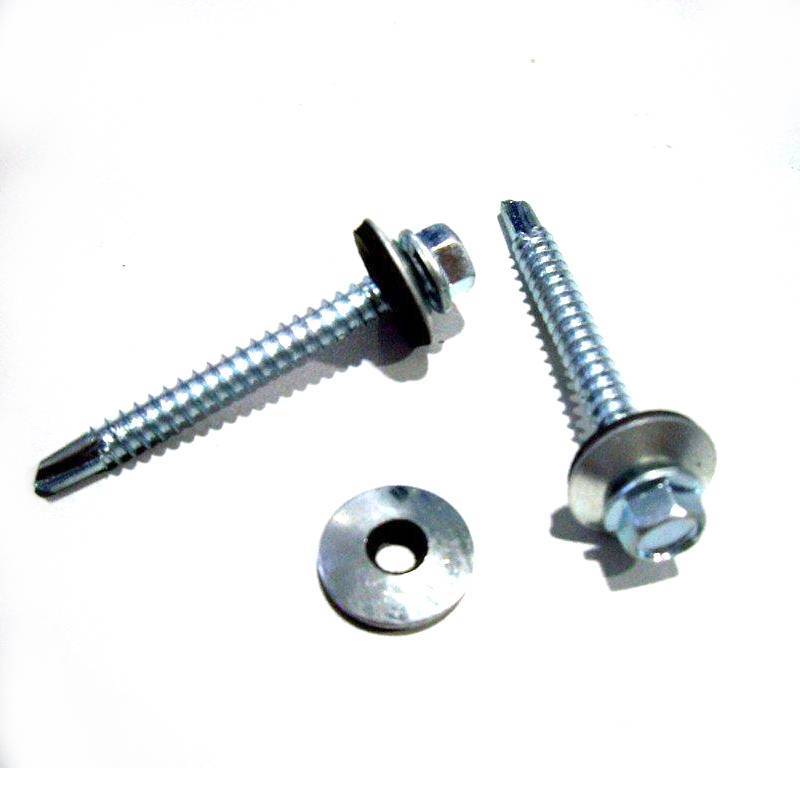M24 Flat Washer Size Specifications and Key Product Features Explained
Understanding M24 Flat Washer Dimensions and Specifications
When it comes to fasteners and their components, the flat washer plays an integral role in ensuring the optimal performance and durability of assemblies. Among these, the M24 flat washer is prominent in various applications, owing to its dimensions and compatibility with M24 bolts. This article delves into the dimensions, specifications, and applications of the M24 flat washer, highlighting its importance in construction, machinery, and other engineering fields.
What is an M24 Flat Washer?
An M24 flat washer is a type of washer specifically designed to be used with M24 metric bolts, which are typically 24 mm in diameter. Flat washers, in general, serve multiple purposes they distribute the load of a fastener, prevent damage to surfaces, and provide a smooth bearing surface for the fastener’s head. This distribution of load is crucial, especially in applications involving softer materials or where the surface may be prone to deformation under pressure.
Dimensions of an M24 Flat Washer
The standard dimensions of an M24 flat washer are defined by several critical measurements, each playing a role in its functionality
1. Inner Diameter (ID) The inner diameter of an M24 flat washer is designed to fit snugly over the M24 bolt without too much play. Typically, the ID measures approximately 24.5 mm, allowing for easy installation while ensuring a secure fit.
2. Outer Diameter (OD) The outer diameter is crucial as it provides the surface area needed to distribute the load across the material surface. For an M24 flat washer, the outer diameter usually falls between 50 mm to 55 mm, depending on the manufacturer and specific application. This surface area prevents indentations and damage to the fastened material.
3. Thickness The thickness of a flat washer affects its load-bearing capacity and durability. For M24 washers, the standard thickness ranges from 2.5 mm to 3 mm. Thicker washers are preferred in high-load situations where enhanced strength is necessary.
4. Material M24 flat washers are commonly made from various materials, including stainless steel, carbon steel, and plastic. Stainless steel washers are favored for their corrosion resistance, making them ideal for outdoor or marine applications, while carbon steel washers are often used in environments where cost is a concern, provided they are appropriately coated to prevent rust.
m24 flat washer dimensions product

5. Finishes The finishes applied to flat washers can also vary, including zinc plating, galvanization, or black oxide finishes. Each finish serves a specific purpose, such as enhancing corrosion resistance or improving aesthetics.
Applications of M24 Flat Washers
M24 flat washers find their utility in numerous applications across different industries. Their adaptability makes them suitable for the following
1. Construction In building structures, flat washers are used extensively to secure everything from beams to frames, ensuring stability and integrity in structural assemblies.
2. Automotive In the automotive sector, M24 flat washers help secure various components, from engine parts to suspension systems, aiding in load distribution and vibration absorption.
3. Machinery Industrial machinery often incorporates M24 washers to ensure parts are held securely and to manage operational forces effectively.
4. Electrical Enclosures M24 flat washers can be used in electrical applications to secure components while providing insulation where needed, preventing electrical conductivity issues.
Conclusion
Understanding the dimensions and specifications of M24 flat washers is essential for engineers, construction professionals, and hobbyists alike. By ensuring the proper selection of washers for M24 bolts, one can guarantee not only the effectiveness of the assembly but also the longevity and safety of the application. As fasteners and their components continue to evolve, staying informed about product specifications like the M24 flat washer ensures optimal performance in any project.
-
Top Choices for Plasterboard FixingNewsDec.26,2024
-
The Versatility of Specialty WashersNewsDec.26,2024
-
Secure Your ProjectsNewsDec.26,2024
-
Essential Screws for Chipboard Flooring ProjectsNewsDec.26,2024
-
Choosing the Right Drywall ScrewsNewsDec.26,2024
-
Black Phosphate Screws for Superior PerformanceNewsDec.26,2024
-
The Versatile Choice of Nylon Flat Washers for Your NeedsNewsDec.18,2024










